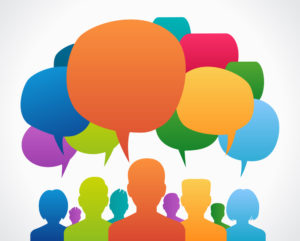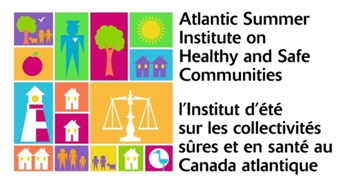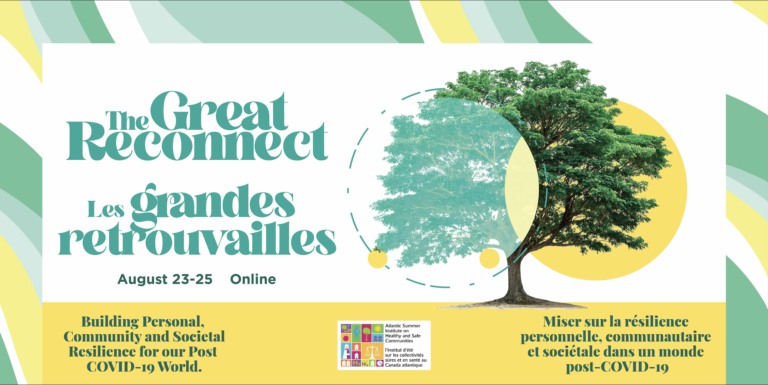Click here to download the ASI 2021 Program
View our Speaker Profiles to read bios and abstract
Keynote Presentation – An Interview with Paul Born
ASI 2021 Forum Session Recordings
****************************************************************************
The ASI 2021 Forum will be held online from August 23-25 in Charlottetown, PEI, streaming from the unceded ancestral territory of the Mi’kmaq people. Materials in French and simultaneous interpretation will be available for many presentations. A Youth Leadership Program will also be offered. Be part of a movement that brings together people who are capable of influencing and implementing changes at the policy and community levels! ASI 2021 aims to increase understanding of the importance of infant, child and youth mental health for the whole of society, and foster policy actions to influence upstream investment in support of mental health.

As the world has adapted to the unprecedented challenges posed by the global pandemic, we have witnessed a heightened human need to reconnect with ourselves, our communities, and our physical and natural environments. The ripple effects of COVID-19 have amplified the social and structural inequities that pre-existed the pandemic, resulting in a dramatic impact on mental and physical health at a societal level. A sense of disconnect spans intergenerational, social, environmental, financial, and political contexts, where the resulting social and physical isolation are taking a significant toll on mental health.
This disconnect also exists between Indigenous and non-Indigenous people and ways of knowing and between relative levels of wealth and privilege across society. The importance of relationships, and community in building resilience to support positive health and wellness outcomes for society has never been clearer – community and connection matter! Personal, community, and societal resilience is essential to support the mental health of children and youth and achieve ‘the great reconnect’ in a post-COVID world. Importantly, Resilience isn’t just about “the capacity to absorb shocks and still maintain function” – it is also about “the capacity for renewal, re-organization and development” (Folke, 2006).
Develop knowledge and skills for building resilience in ourselves, our communities, society
Share ideas and engage in dialogue, building on evidence and best practice
Collaborate and have fun with diverse participants
Learn from youth advocates passionate about mental health promotion
Expand your networks in Atlantic Canada and beyond
ASI Workshops
New Programming this Spring
The ASI Online: Interactive Presentation Series
Join us this spring for a series of five sessions within the theme of Building Resilient Communities. Beginning with an overview of resilience each session will build on this theme as it relates to resilience at the individual, community and societal levels.
Each session will be 90 minutes in length combining presentation and interaction. The goal of the interactive presentations is to inspire you to take learning forward into post session activities and actions!

